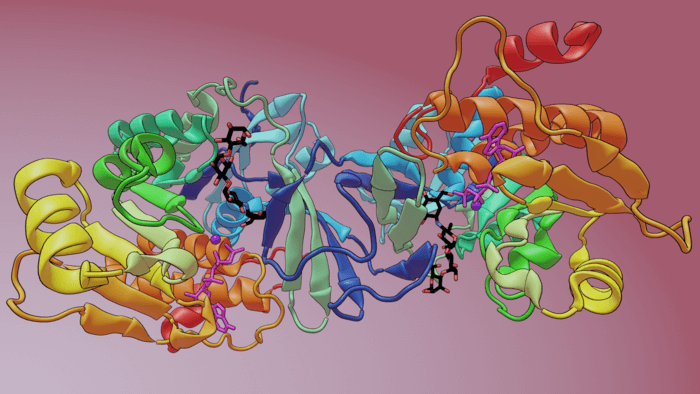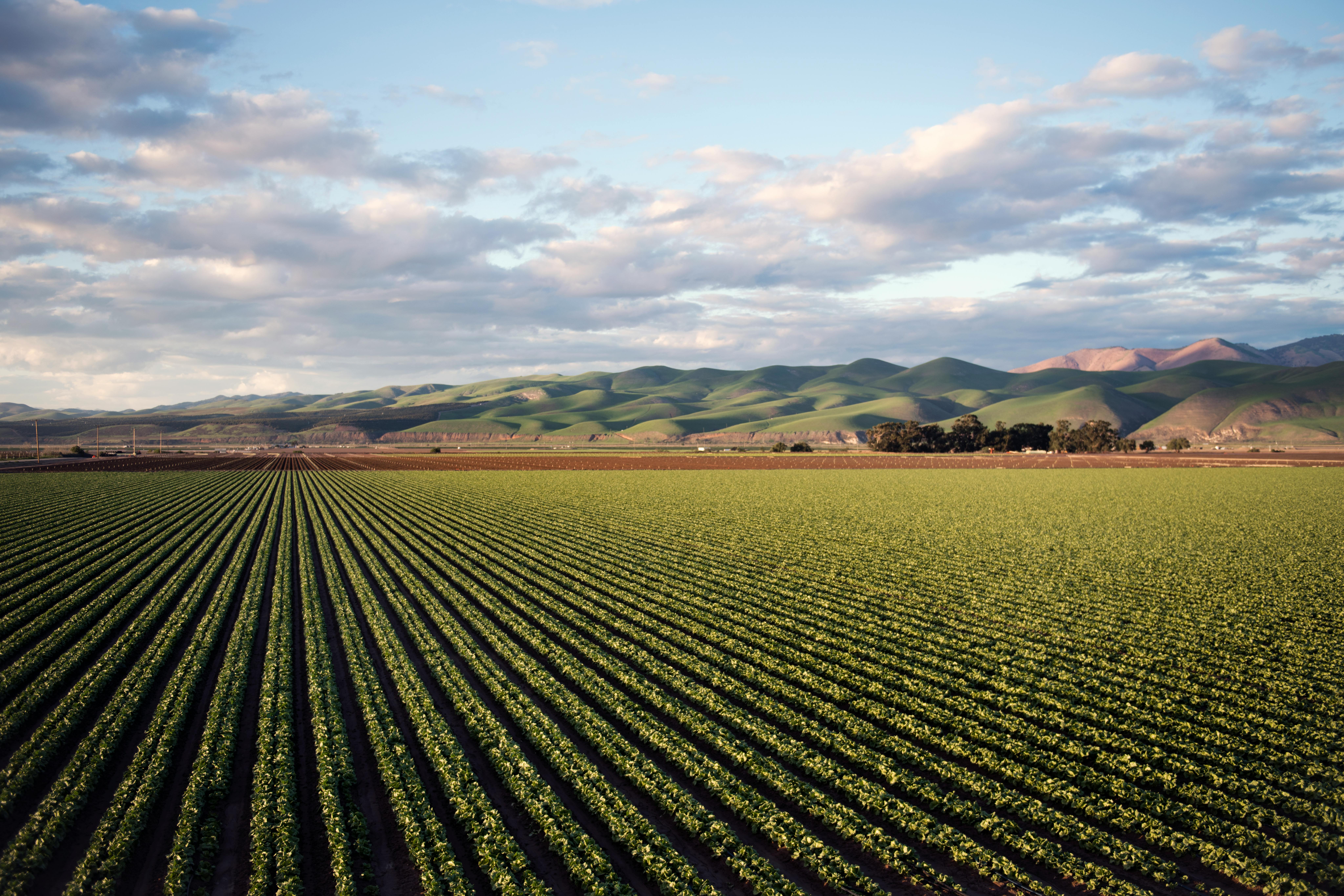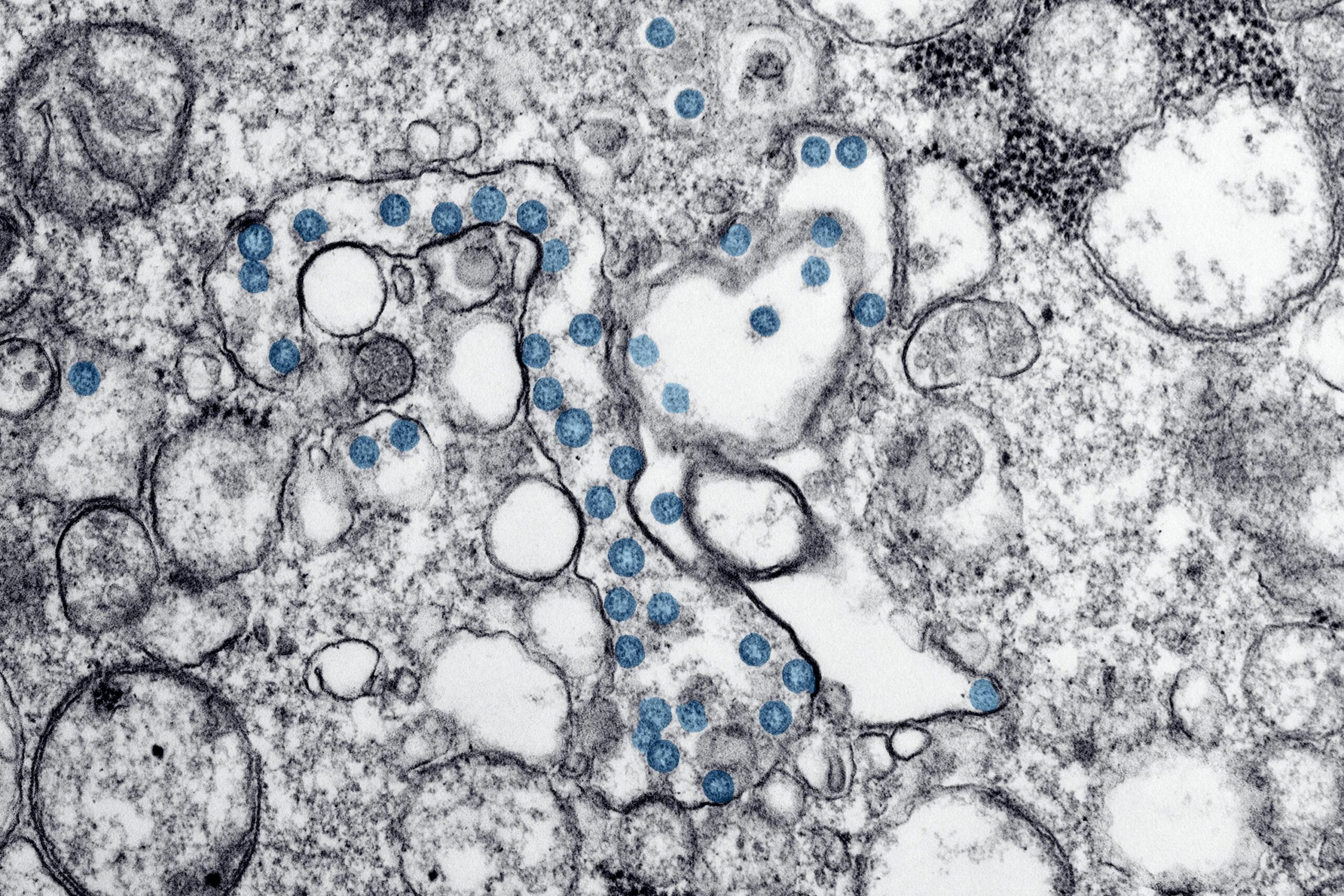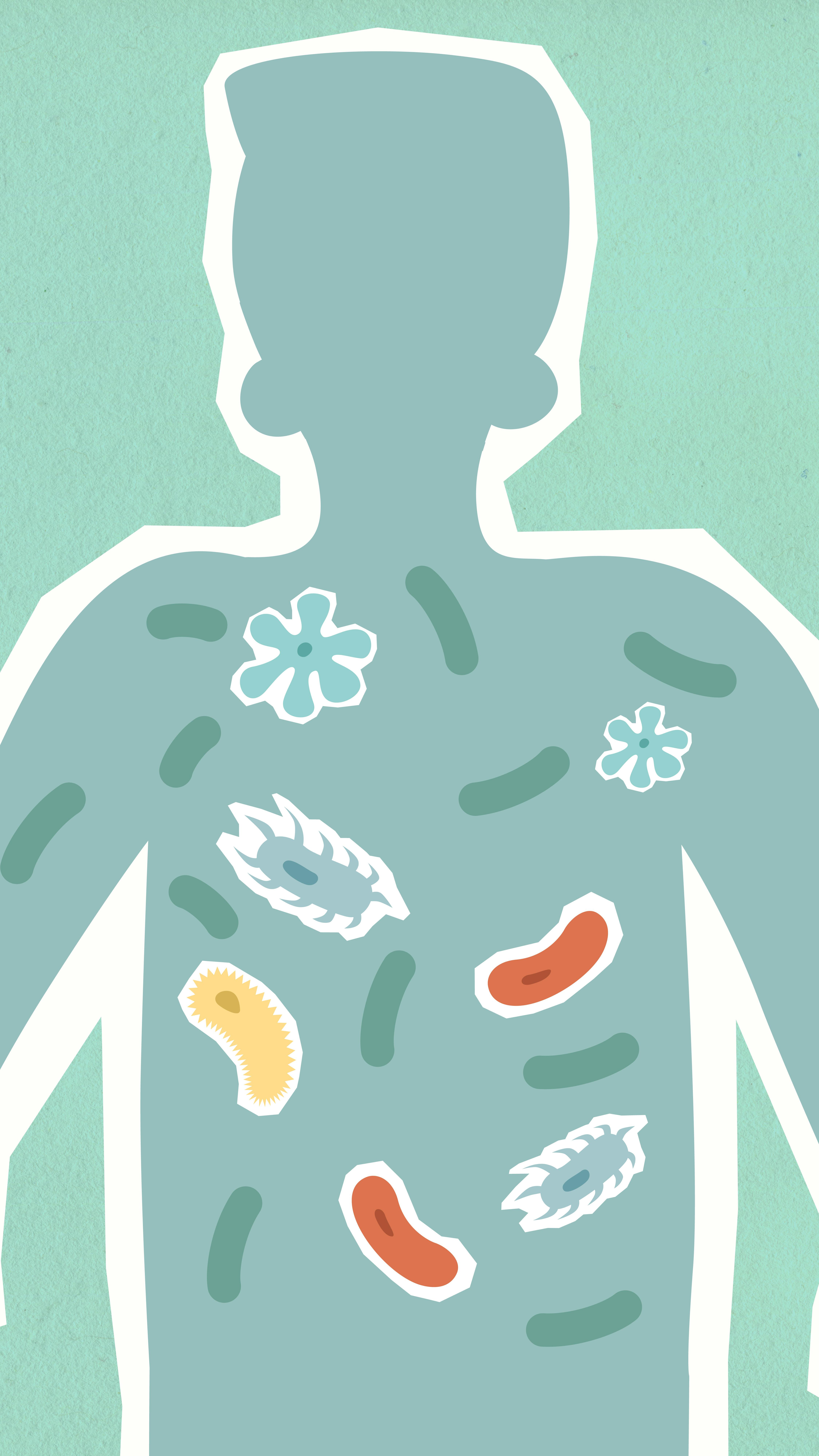The human body is ever-changing and adapting to its needs within the environment. The same goes for the human microbiome, which constantly adapts in response to outside factors. One of the biological adaptations currently being studied is the production of microbiome-derived acarbose kinases (Maks) in the presence of acarbose (a common antidiabetic prescription).
The drug becomes inactivated in some individuals with diabetes, according to the study. Researchers from Princeton University hypothesize this reaction is due to the production of Mak proteins secreted by certain gut microbes.
Acarbose Effects on Bacteria in the Soil and Gut
This study set out to investigate how the interaction of molecules on a cellular level changes the scope of wellness and disease treatment in certain individuals.
“Numerous studies have clearly shown that the human microbiome, the collection of microbes living in and on the human body, can affect our health, disease, and ability to respond to various therapeutic interventions. What is still relatively rare, however, are cases where such effects are defined on molecular and mechanistic levels – this is exactly what we set out to do in this study,” explains associate professor in the Department of Molecular Biology at Princeton, Mohamed Donia, in a statement.
Acarbose is naturally used by bacteria in the soil to keep competing types of bacteria from growing in the ecosystem. This adaptation gives certain soil bacteria a competitive edge over bacteria that cannot produce acarbose. Both the bacterial form and the drug form of acarbose work to stave off a-glucosidase, which is an enzyme that breaks apart sugar molecules into a form that can be used for energy.

“We’ve known for a long time that bacteria compete for carbohydrates in soil using acarbose, and we humans borrow this molecule to treat diabetes […] In our study, we found that bacteria also seem to compete in the human body using acarbose-like molecules, resulting in the widespread dissemination of a resistance mechanism that is very specific for this drug among members of the human microbiome. This mechanism may accidentally affect the response of diabetic patients to this drug as well as shape its impact on the microbiome. The revelation of this complex tale led to more questions than answers, and we are very excited to continue pursuing its molecular details,” adds Donia.
Mak’s Effects on Patients with Diabetes
To study the effects of acarbose, researchers had to define which enzymes inhibit acarbose in the gut. During the study, researchers found that this enzyme had similar makeup to acarbose kinase, an enzyme found in soil bacteria. Scientists called this new family of proteins found in humans, microbiome-derived acarbose kinases (Maks).
Further research was made around this newly discovered microbiome protein. Researchers at Princeton and Rutgers University conducted a human clinical study on a small group of individuals with Type II diabetes. The findings show that patients with the gut microbiome that includes the presence of Maks benefit less from acarbose in the drug form to inhibit the breakdown of sugars and treat diabetes.
While this is a small study and more on a larger scale will need to be conducted to understand the effects of microbiome-derived acarbose kinases (Maks) in humans concerning the treatment of diabetes. However, this is a promising start to this necessary realm of research, from a scientific and medical point of view.
This study is published in Nature.










